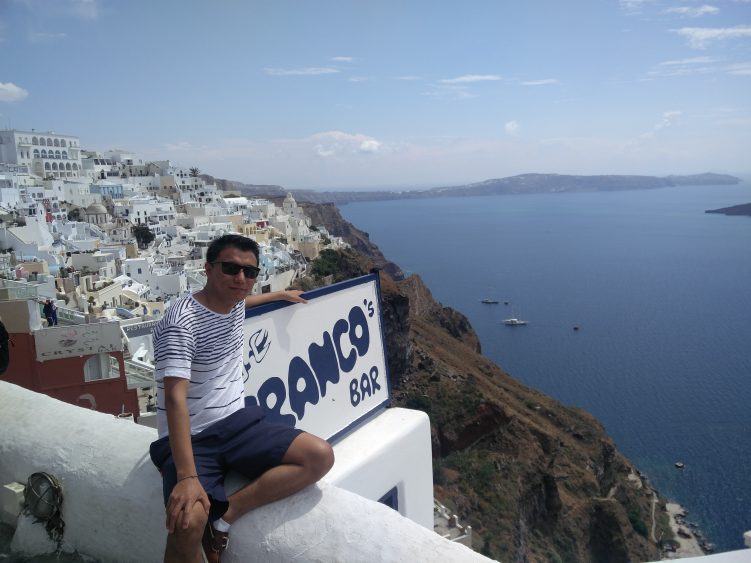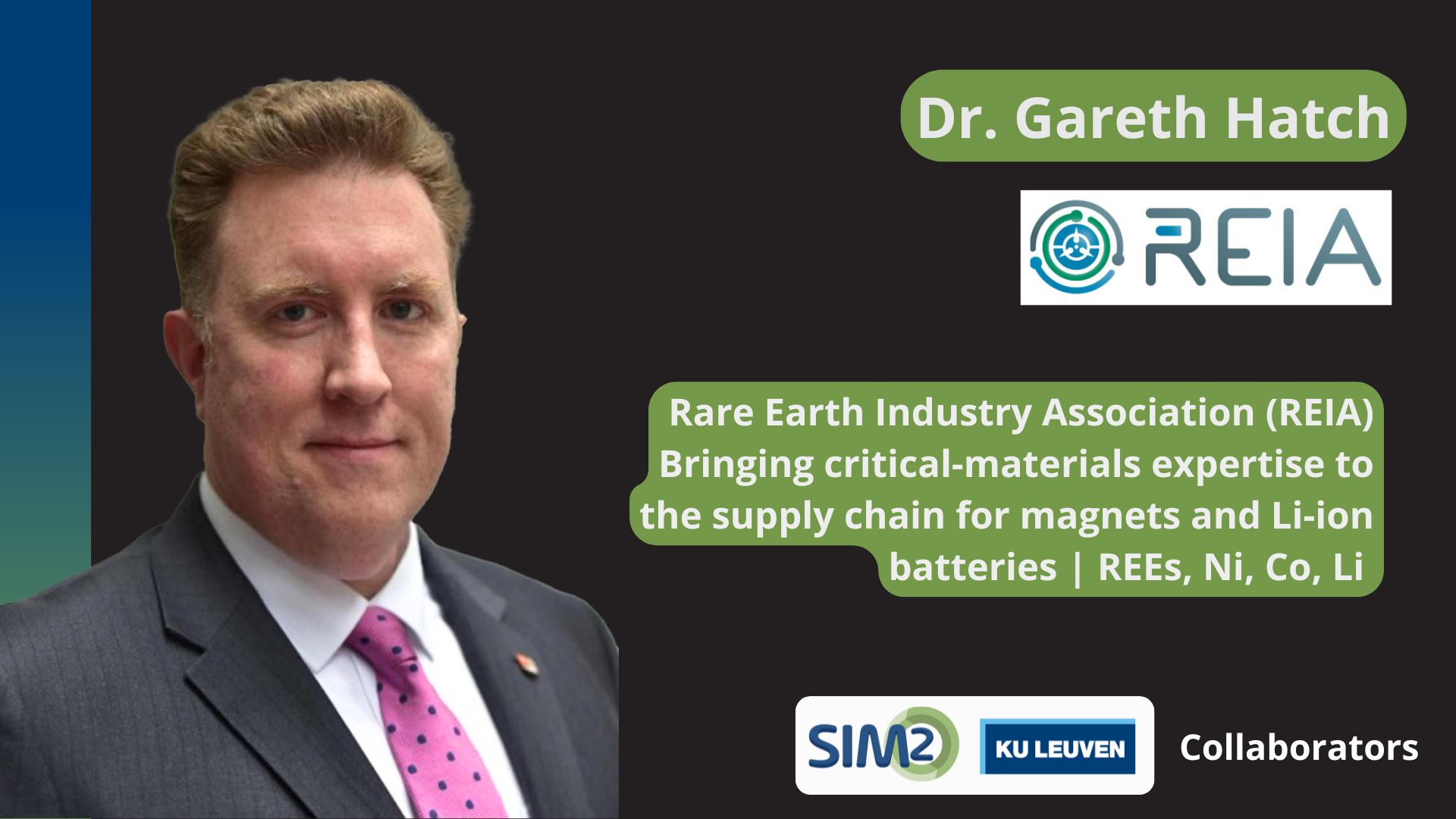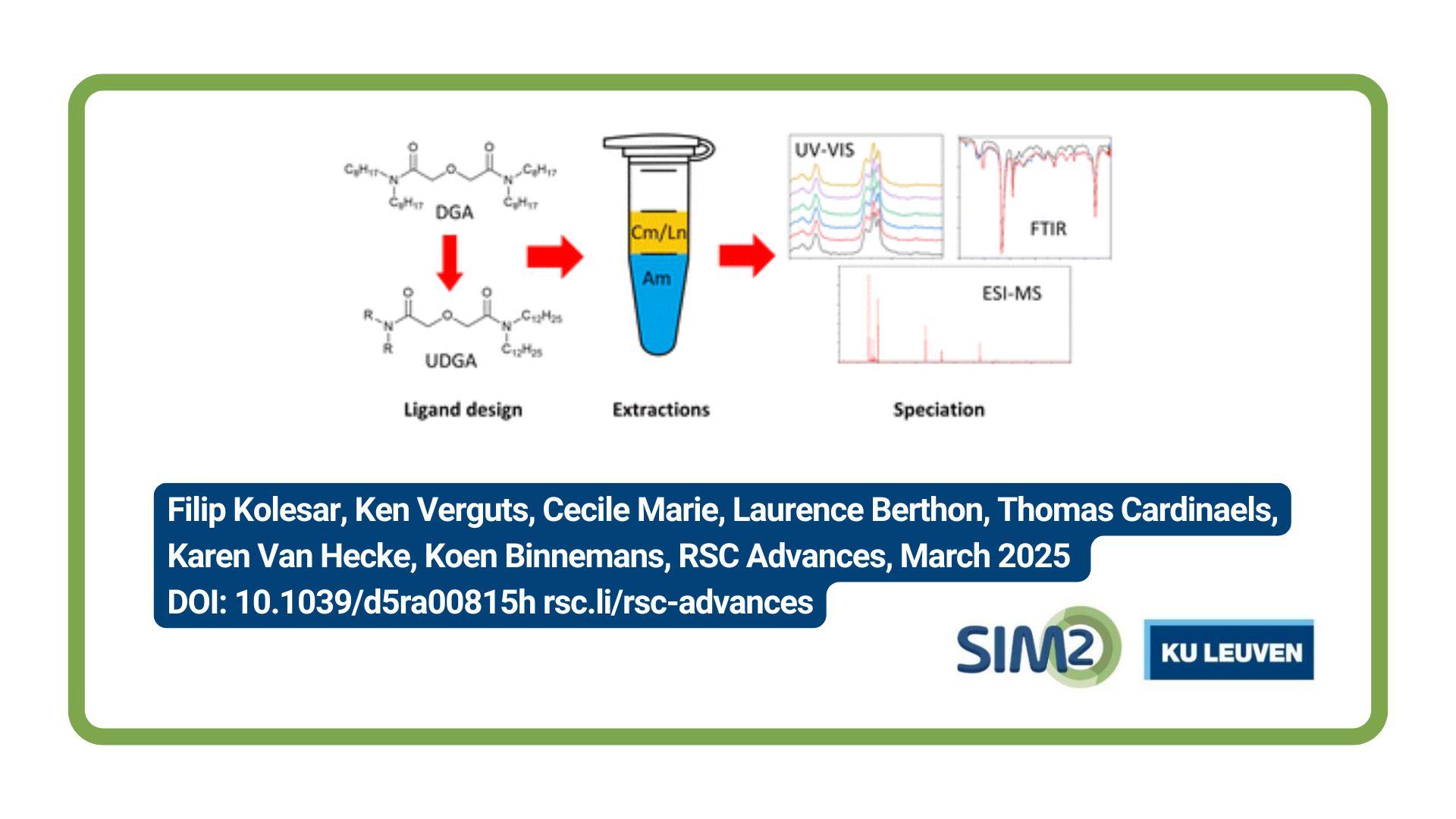Why did you choose to work in Belgium?
I lived in the Netherlands for 4 years before coming to Belgium. During that time, I visited Belgium few times and I really liked the country. I find the two countries quite similar. They both have highly organized systems on every level; their people are very friendly and everyone speaks English fluently. Last year I was looking for PhD opportunities strictly in these two countries and luckily, I came across the current position at KU Leuven. I was immediately interested by the project and also the university. KU Leuven is known worldwide for its high quality education and innovative research works. So it was very easy for me to choose Belgium.
What are you working on?
My PhD project is titled Biocompatible Solvometallurgical leaching methods for low-grade industrial process residues. Metallurgical companies extract their target metals from high-grade ores, and then dump the remaining residue as waste in tailing ponds and landfill sites. Currently, these wastes have large volumes although they still contain a significant amount of valuable metals.
I am working on recovering these valuable metals from the process residues by using solvometallurgy. Solvometallurgy is a relatively new field in extractive metallurgy and it makes use of organic solvents (with dissolved reagents) instead of an aqueous solution for leaching metals. Currently, I am working specifically on jarosite residue produced during the zinc production process. It is an iron-rich material which also contains significant amount of Pb and Zn. The biggest challenge is to selectively leach Pb and Zn with minimal Fe in the leachate.
What attracts you in the research project you are working on?
The relevance of the project in today’s world and its environmentally-friendly approach attracts me the most. People have been extensively mining metals from the earth for many centuries and it has had a very harmful impact on our ecosystem. Now is the time to find an alternative source for these metals. Recycling manufacturing scraps and end-of-life product is one alternative. Another alternative is large volume of industrial process residues collected over last few centuries as a waste in the tailing ponds and landfill sites. These residues contain a great amount of valuable metals.
There are different methods to recover valuable metals from these residues. The method I am using called Solvometallurgy does not require high energy like pyrometallurgy and does not use lot of water and mineral acid like hydrometallurgy. It uses organic solvents for leaching and the solvent can be reused after stripping off the metals. So my project is green from A to Z and that is why I love my work.
What helps you to overcome the difficulties of life?
My viewpoint towards difficulties/ problems is that they are temporary. Sometimes, it might go on for months and years but it will be gone sooner or later. This viewpoint keeps me going during tough times and makes me more calm.
Also, there is a famous Buddhist thinking called ‘happiness comes from within’. Whenever I am in a difficult situation or not happy, I think of this saying and try to minimize the significance of the situation or cause of unhappiness to the real purpose of my life. I try to take control of my own emotions and not let the external forces control it. It also helps me feel better during difficult times.
What is one important skill every person should have?
I think resilience is one of the most important skill everyone should have to survive in this competitive world. I believe anyone can achieve big things with resilience.
How do you recharge?
I like to get a drink in Oude markt and chat with friends (during summer). I also like to watch funny prank videos on youtube. Recently I started doing sports (running and football). I also often visit friends in Amsterdam and Brussels and stay over there for a day or two. These activities refresh and re-energize me.
 Thupten Palden is a 28 years old young scientist from Tibet. He did his schoolings in India before coming to Europe to pursue higher education. He obtained his BSc in chemistry from 2009 to 2012 at Jacobs University in Bremen, Germany. Later, he continued his MSc in nanomaterial science at Utrecht University in the Netherlands. His master’s thesis described the influence of steaming on ZSM-5 zeolite catalyst in methanol to olefin reaction. Also, as a part of his master’s programme, Thupten worked as an intern for 6 months in the Dutch chemical company called DSM in Geleen, the Netherlands. He investigated via SEM-EDX and TEM-EDX on Pd on carbon catalyst used for hydrogenation reactions at DSM. In September 2014, he was employed by the same company and started working as a problem solver for customers in the field of chemistry and material science. Although he liked this job very much, he decided to return to academia and started his PhD at KU Leuven on January 2017 under the supervision of Prof. Koen Binnemans
Thupten Palden is a 28 years old young scientist from Tibet. He did his schoolings in India before coming to Europe to pursue higher education. He obtained his BSc in chemistry from 2009 to 2012 at Jacobs University in Bremen, Germany. Later, he continued his MSc in nanomaterial science at Utrecht University in the Netherlands. His master’s thesis described the influence of steaming on ZSM-5 zeolite catalyst in methanol to olefin reaction. Also, as a part of his master’s programme, Thupten worked as an intern for 6 months in the Dutch chemical company called DSM in Geleen, the Netherlands. He investigated via SEM-EDX and TEM-EDX on Pd on carbon catalyst used for hydrogenation reactions at DSM. In September 2014, he was employed by the same company and started working as a problem solver for customers in the field of chemistry and material science. Although he liked this job very much, he decided to return to academia and started his PhD at KU Leuven on January 2017 under the supervision of Prof. Koen Binnemans





